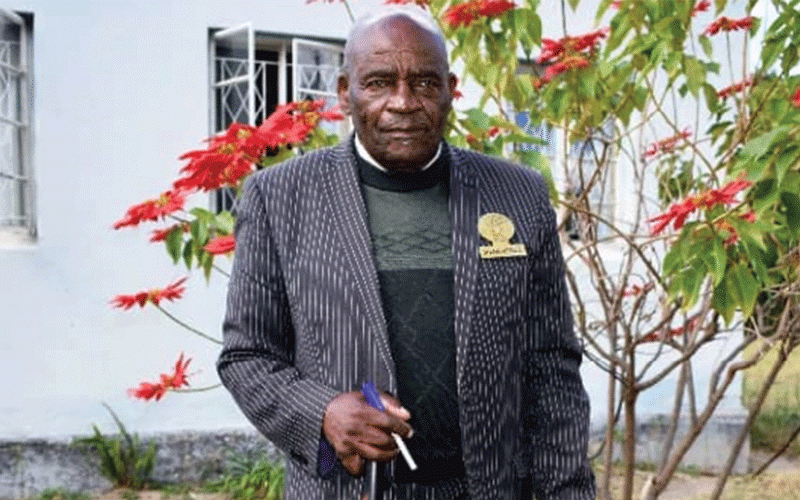GOVERNMENT will next month begin disbursing funds aimed at compensating white former commercial farmers affected by the land reform programme at the turn of the millennium, a major development on the country’s arrears clearance plan, NewsDay has established.
The development was revealed by Swiss ambassador to Zimbabwe, Zambia and Malawi Stéphane Rey on the Switzerland National Day recently.
Rey applauded government’s efforts to compensate Swiss other European farmers affected by the land reform programme.
“I want to express my appreciation for the bold steps taken, particularly the effective compensation of farmers.
“This historic development is not just about financial settlement; it's about reconciliation and moving forward.
“The initial disbursements will start being effective next month. Twenty-seven Swiss farms are directly impacted. Seventeen of them have been validated and approved for compensation this week and the remaining 10 will be examined by the end of this week,” Rey said.
The arrears clearance and debtresolution strategy is predicated on Zimbabwe paying US$3,5 billion to former farm owners, compensate those who lost their farms despite being protected under the Bilateral Investment Promotion and Protection Agreement and undertake economic and governance reforms.
The African Development Bank last year announced that it had developed financial instruments to fast track and front load US$3,5 billion in compensation to white farmers whose land was taken from them by the Zimbabwean government.
The bank’s announcement came after the former farmers turned down an initial deal to be paid within 10 years via Treasury bills.
Zimbabwe agreed in 2020 to compensate local white farmers whose land was taken by the government from 2000 onwards to resettle black families, in one of the most divisive policies of the former government led by the late President Robert Mugabe, while foreign white farmers were allowed to apply to get seized land back.
Meanwhile, Rey also outlined Switzerland's humanitarian response to Zimbabwe’s El Nino-induced drought, adding that the Swiss government was partnering Africa Risk Capacity to provide a US$16 million drought insurance pay-out and has contributed US$2,7 million to the Zimbabwe Humanitarian Appeal.
Rey announced a series of initiatives aimed at bolstering the partnership between Switzerland and Zimbabwe, emphasising cultural, economic and humanitarian collaboration.
Rey also announced the launch of the US$2 million Swiss arts and culture programme, known as Swiss Support to Arts Development in Zimbabwe (SSADZA), aimed at empowering local artists over the next four years.
“This initiative, spanning the next four years, will partner local organisations across Zimbabwe to give artists a platform for their unique voices.
“The SSADZA programme is Switzerland's commitment to localisation, empowering local institutions and communities.
“We believe in leaving the power of artistic expression, cultural preservation and innovation in the capable hands of Zimbabweans.”
Rey also highlighted the importance of private sector collaboration to sustain Zimbabwe’s vibrant art scene.
He encouraged local businesses to engage with the revitalised Swiss Zimbabwe Business Chamber, a platform designed for dialogue and exploring investment opportunities between Swiss and Zimbabwean enterprises.
Foreign Affairs and International Trade acting secretary Michael Chigiji expressed Zimbabwe’s commitment to being a safe and attractive destination for Swiss businesses.





